The Health Benefits of Plant Protein
There are plenty of pluses to eating plants. One of the best? Supporting your gut health.
BY REBECCA HEATON
It’s a fact: eating plants is good for you. Research over many years has linked plant-based eating to overall benefits like healthy blood pressure, cholesterol, blood sugar (already in the normal range) and weight management. Following a more plant-based diet has also been shown to support overall health (as compared with diets high in meat and other animal products).
Another plus from eating plants? A generally healthier and happier gut microbiome. “A good variety of plant fibers are really important for diversifying your gut bacteria,” says Alicia Galvin, a Dallas-based R.D. who specializes in GI health and therapeutic diets. “The more diverse your microbiome is, the more different types of bacterial species you have, and the more different types of functions they can do for your health. It’s similar to when you look at the world: the more diverse an ecosystem is, the more resilient it is.” Numerous studies support this.
Did you know? One of the most important roles of your microbiome is to support your immune system. Did you know that more than 80 percent of your immune system resides in the lining of your gut? Science proves the more diverse the bacteria in your gut, the stronger and more stable your immune system will be.
Another way to get a diverse dose of plants is via a nutritional powder, like Ancient Nutrition’s USDA-organic certified Plant Protein+ powder. Made with seven types of nutrient-filled seeds—pumpkin, watermelon, flax, chia, hemp, sacha inchi and sunflower—each with a percent of protein, fiber, and numerous vitamins and minerals, the blend supports metabolism and a healthy digestive tract. “When you’re getting more protein and fiber, this helps with cravings,” explains Dr. Josh Axe, co-founder of Ancient Nutrition.
But why seeds over more traditional ingredients in plant-based powders, like grains and pea protein?
So, how best to use the powder?
- Add one scoop to your pre- or post-workout smoothie
- Add to your favorite recipes, such as oats, brownies and muffins
- Add one scoop to 8 ounces of water or your favorite hot or cold recipe
Try Ancient Nutrition’s Plant Protein+:
This vegan superfood protein powder is dairy-free, gluten-free and Paleo friendly.



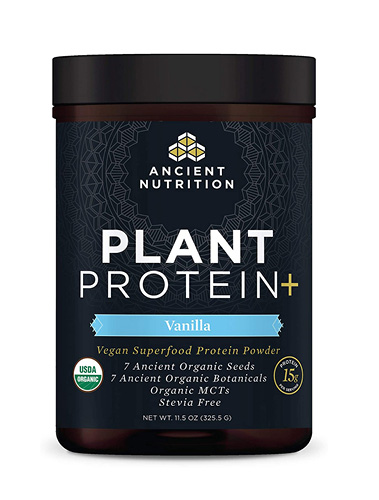
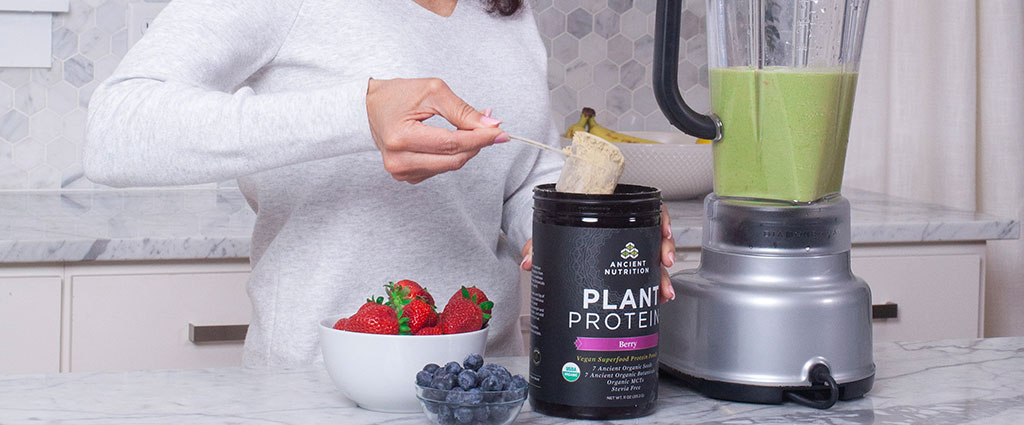
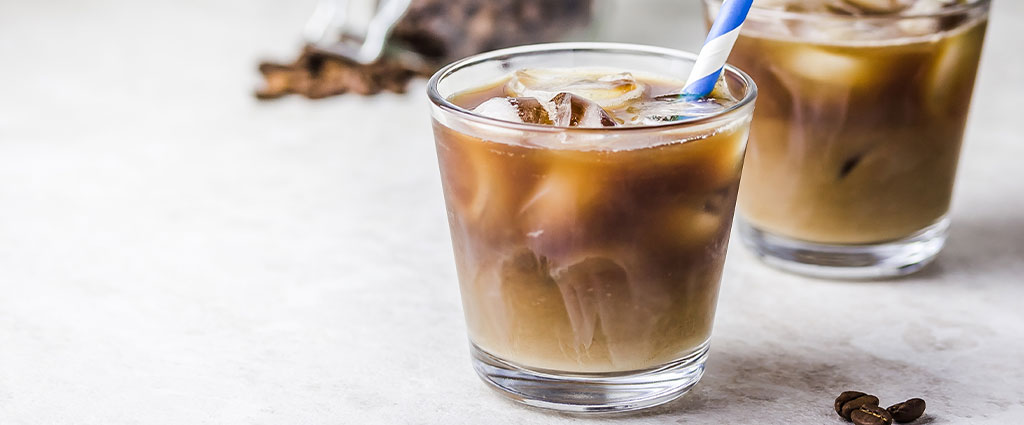
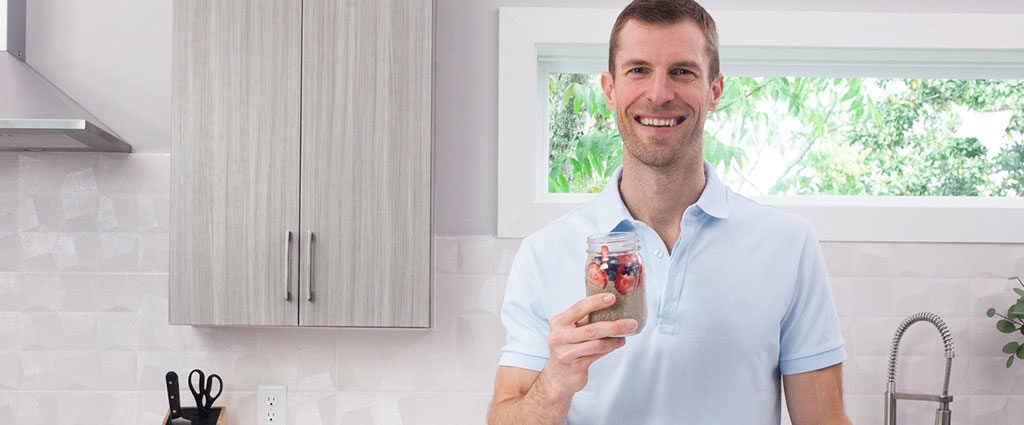
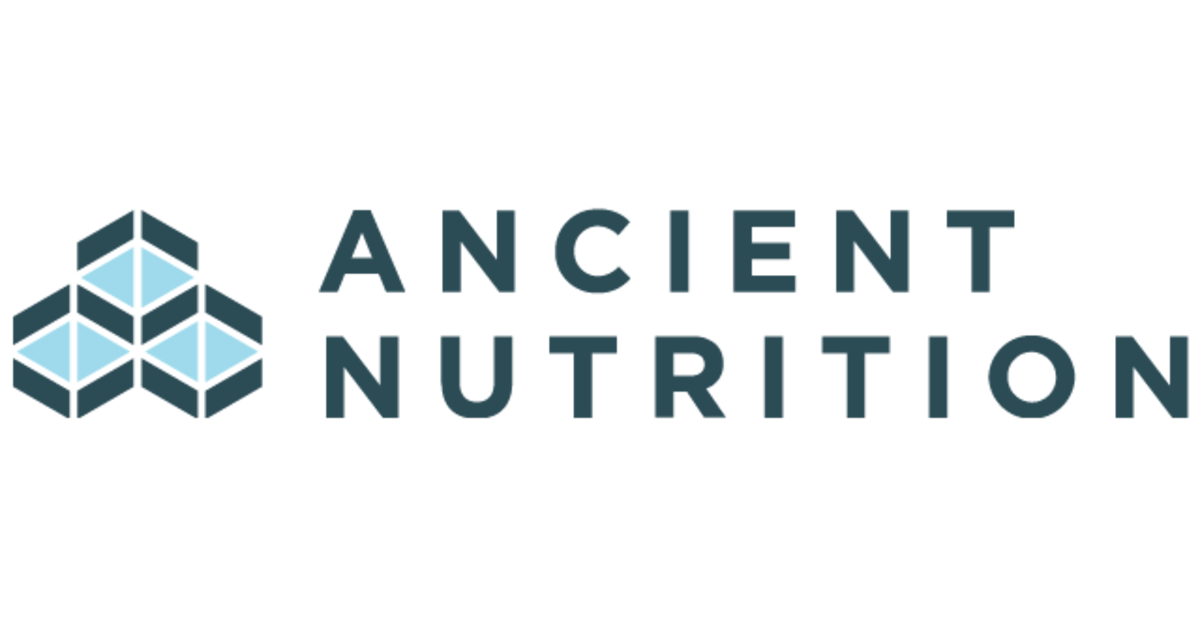
Share this Post